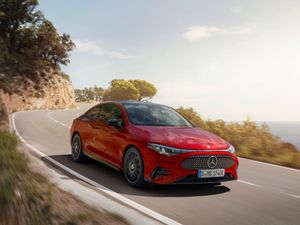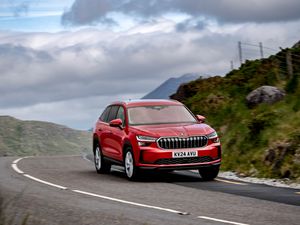Rural areas top breath test charge table as festive drinkers are warned of risks
A Freedom of Information investigation by PA shows that motorists in rural areas are more likely to be prosecuted for drink driving

More motorists are charged with drink-driving in largely rural areas, an investigation suggests.
Figures obtained by the Press Association indicate Lincolnshire prosecutes the most per population, followed by North Wales, Warwickshire, Dyfed-Powys and North Yorkshire.
The results, based on Freedom of Information requests, prompted calls for better public transport in rural areas and warnings to anyone tempted to drink and drive over the festive period.
A total of 31 forces out of 45 provided figures over a 12 month period to May 2017.
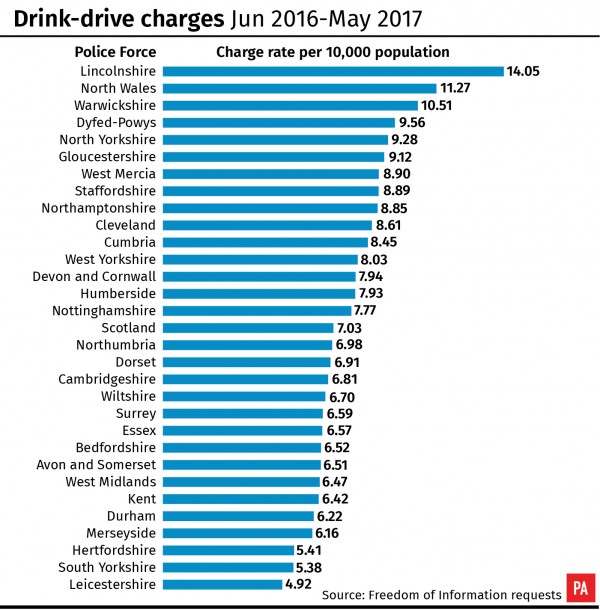
The results showed that Lincolnshire charged 1,035 motorists, 14 per 10,000 population.
North Wales Police was second with 11.2 charges per 10,000 followed by Warwickshire Police with 10.5, Dyfed-Powys with 9.5 and North Yorkshire with 9.2.
Inspector Ewan Gell, of Lincolnshire’s serious collision investigation unit, said the figures showed officers were “skilled at catching offenders”.
But he added: “If we are at the top of that chart I think there is a problem with drink-driving in Lincolnshire and we need to work very carefully to get the education message across to make sure we get those figures down.
“The only way you can change drink and drug-driving behaviour is by fear of getting caught and what these figures say to me is that we are good at catching people, so that is the message we will be putting out, we are very effective at targeting individuals who drink-drive.”
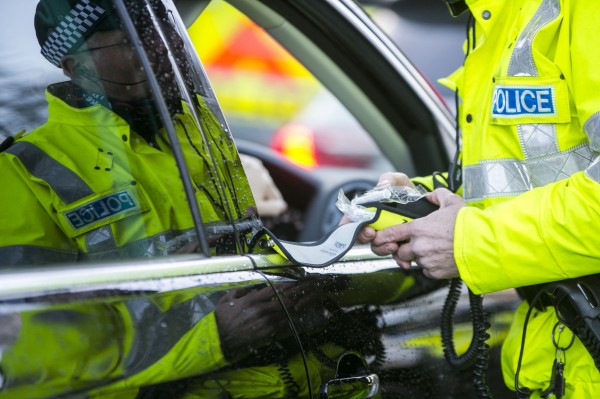
Tory MP John Hayes, whose South Holland and the Deepings seat is in the county, has been vocal about the problem of drink-driving and suggested it may be down to scarcity of public transport in some areas.
“Drink-driving is clearly a problem in Lincolnshire and it does have its consequences.
“I am pleased Lincolnshire Police take it very seriously and proud they have charged so many offenders.
“It’s our job to now get the education message out there that it will not be tolerated.”
AA president Edmund King also said the figures could relate to poorer public transport.
He added: “It could also be down to more targeted police enforcement, but whatever the reasons, there is no excuse for drink-driving.”
Inspector Dave Cust, of the North Wales Police Roads Policing Unit, said: “We have a robust strategy around enforcing the ‘Fatal 5′ offences, which includes drink-driving.
“People should be aware that we have detailed tactical plans that include targeting specific areas following information given to us by concerned members of the community.”
Police Scotland had the highest overall total at 3,797.
But the force covers the biggest area and the second largest population, and has a lower legal limit than the rest of the UK – 22 micrograms per 100ml of breath, compared to 35 micrograms.
Chief Superintendent Stewart Carle, Police Scotland’s road policing lead, said the trend was actually downwards.
He said: “Overall, the trend in Scotland is gradually reducing and we are ever alert to ensuring new generations of drivers know and comply with the laws.
“There is no ‘safe limit’ and driving while intoxicated puts the driver and other road users at greater risk of serious injury.”
The figures come with the annual crackdown on drink-driving over the festive period under way.
West Mercia Chief Constable Anthony Bangham, National Police Chiefs’ Council lead for roads policing, said: “Every year, police forces deal with cases of drink or drug-driving that directly result in families facing Christmas without loved ones.
“While we continue to work on educating people against drink and drug-driving and police forces are using intelligence to target offenders, the scale of the problem is still a real concern.”
Separate figures published last week by the Institute of Alcohol Studies suggested the number of breath tests carried out on England’s roads has fallen by 27% in five years as forces cut traffic officer numbers.
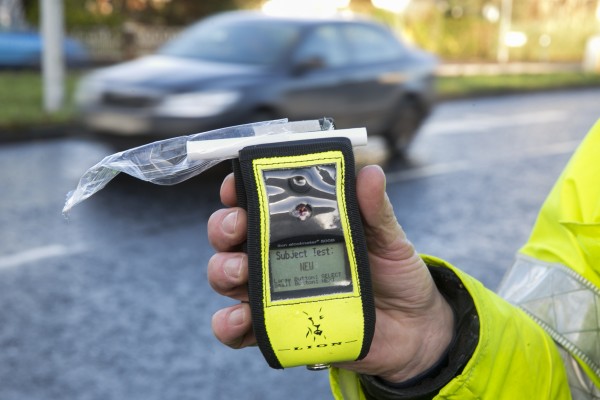
And Jason Wakeford, director of campaigns for road safety charity Brake, said: “Drink-driving remains one of the biggest killers on our roads, causing devastation to families up and down the country.
“It is essential that police forces are provided with the resources they require to crack down on drink-drivers throughout the year.”
All 45 UK police forces were asked to provide details of the number of motorists charged with drink-driving-related offences in the year to May 2017. The totals are divided by the population of each force area to establish the number of charges per 10,000.
Nine forces said they could not provide comparable figures, while City of London, Greater Manchester, Lancashire, Sussex and Thames Valley did not respond to the FOI request.


